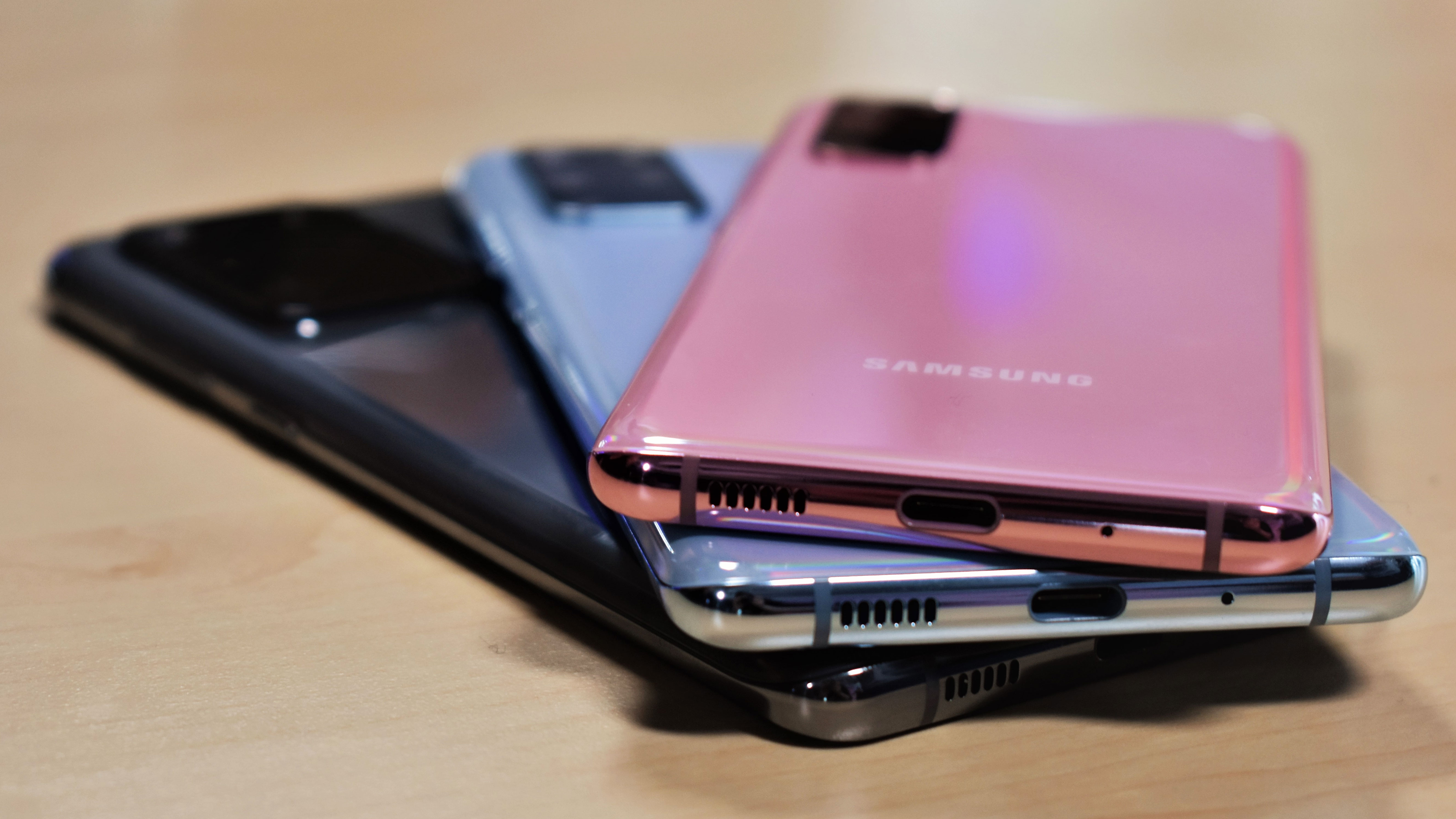eSIM smartphone shipments to reach 225m in 2020
Samsung support gives eSIM a boost

Samsung’s support for eSIM technology will see more than 225 million compatible smartphones shipped in 2020 and more than 500 million by 2025, analysts predict.
eSIMs are a fixture of cellular-powered Internet of Things (IoT) networks, allowing devices to switch networks without the need to physically change a SIM card.
The ability to change networks with the tap of a phone will create new business models for mobile operators and allow users to pick from a wider range of services.
- iPhone XS will make eSIM mainstream
- Samsung Galaxy S20 hands on review
- What is 5G? Everything you need to know
Samsung eSIM
Many operators offer customers the ability to change their mobile package if their data needs change, but eSIM would allow them to pick from tariffs from multiple suppliers.
Similarly, someone might want to move to a different network for a short period because their coverage is superior in a certain area.
ABI Research says the inclusion of eSIM capabilities in the Samsung Galaxy S20 range will build on momentum generated by the likes of Apple, Google and Motorola. Apple has included eSIM capabilities since the launch of the iPhone XR and XS in 2018.
“It was always a case of when, rather than if, Samsung would support eSIM,” said Phil Sealy, Digital Security Research Director at ABI Research.
Are you a pro? Subscribe to our newsletter
Sign up to the TechRadar Pro newsletter to get all the top news, opinion, features and guidance your business needs to succeed!
“2020 marks a defining year and another milestone for the eSIM market. Having the largest smartphone [manufacturers] onboard, shipping over 200 million devices annually is a significant market step. Industry experts will now be closely monitoring Samsung and how it might start expanding eSIM support to other device ranges, including its Note and A ranges.”
However in order to become a mainstream technology, manufacturer support must be matched by a commitment from operators. Sealy predicts that as consumers use more connected devices, billing could shift from a data-centric model to bundles that cover multiple products.
“[Manufacturers] want to provide flexibility to their consumer device users and create further brand stickiness by enabling a cellular-connected “family” of products and cross-device mirrored experiences, using eSIM as the enabling technology. Alongside this is an understanding that subscription offerings are evolving (voice packages to data and soon toward device bundles), the latter of which will require Remote Subscription Management (RSM) to share a profile over multiple device types.”
- Here are the best Samsung Galaxy S20 deals for March 2020
Steve McCaskill is TechRadar Pro's resident mobile industry expert, covering all aspects of the UK and global news, from operators to service providers and everything in between. He is a former editor of Silicon UK and journalist with over a decade's experience in the technology industry, writing about technology, in particular, telecoms, mobile and sports tech, sports, video games and media.